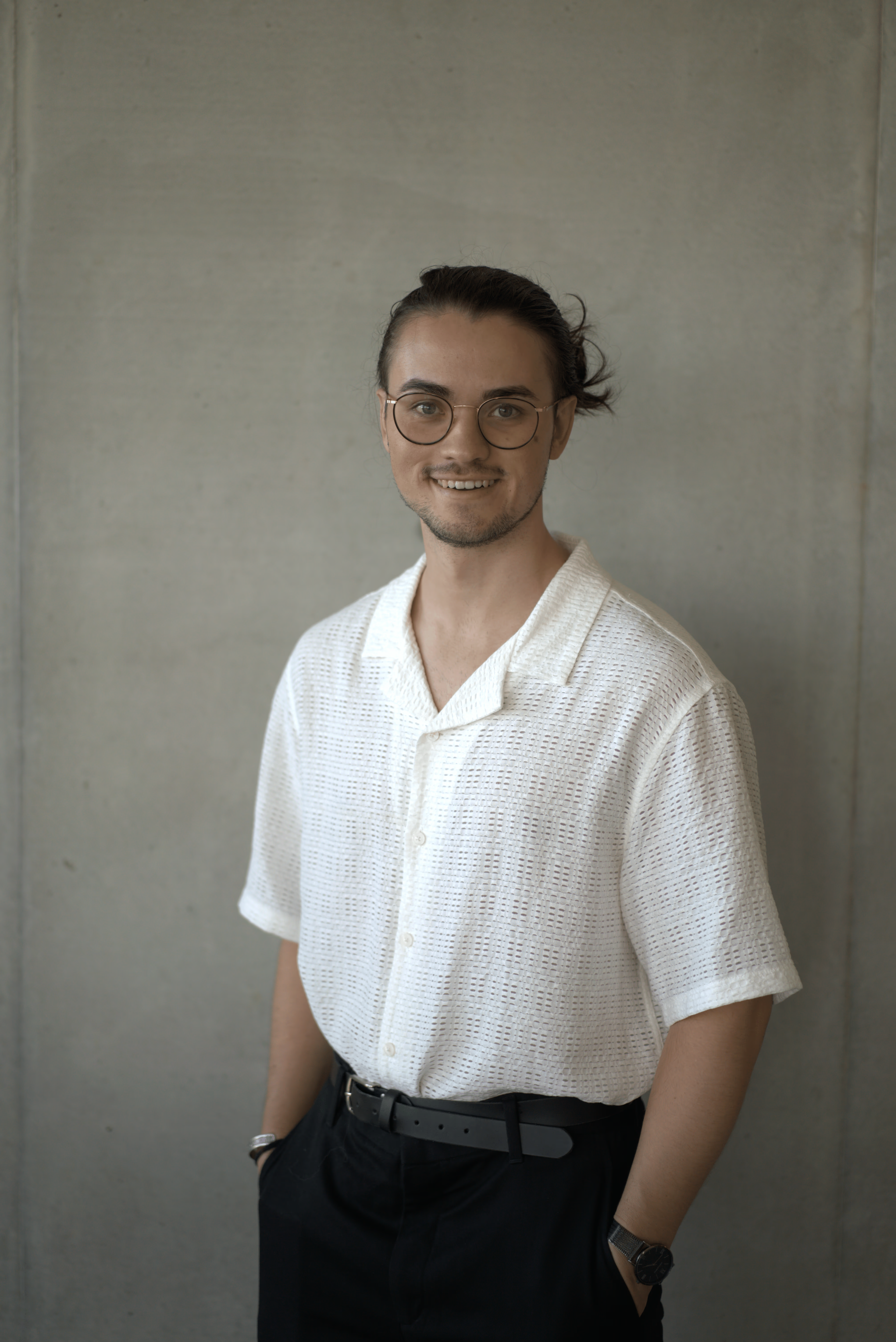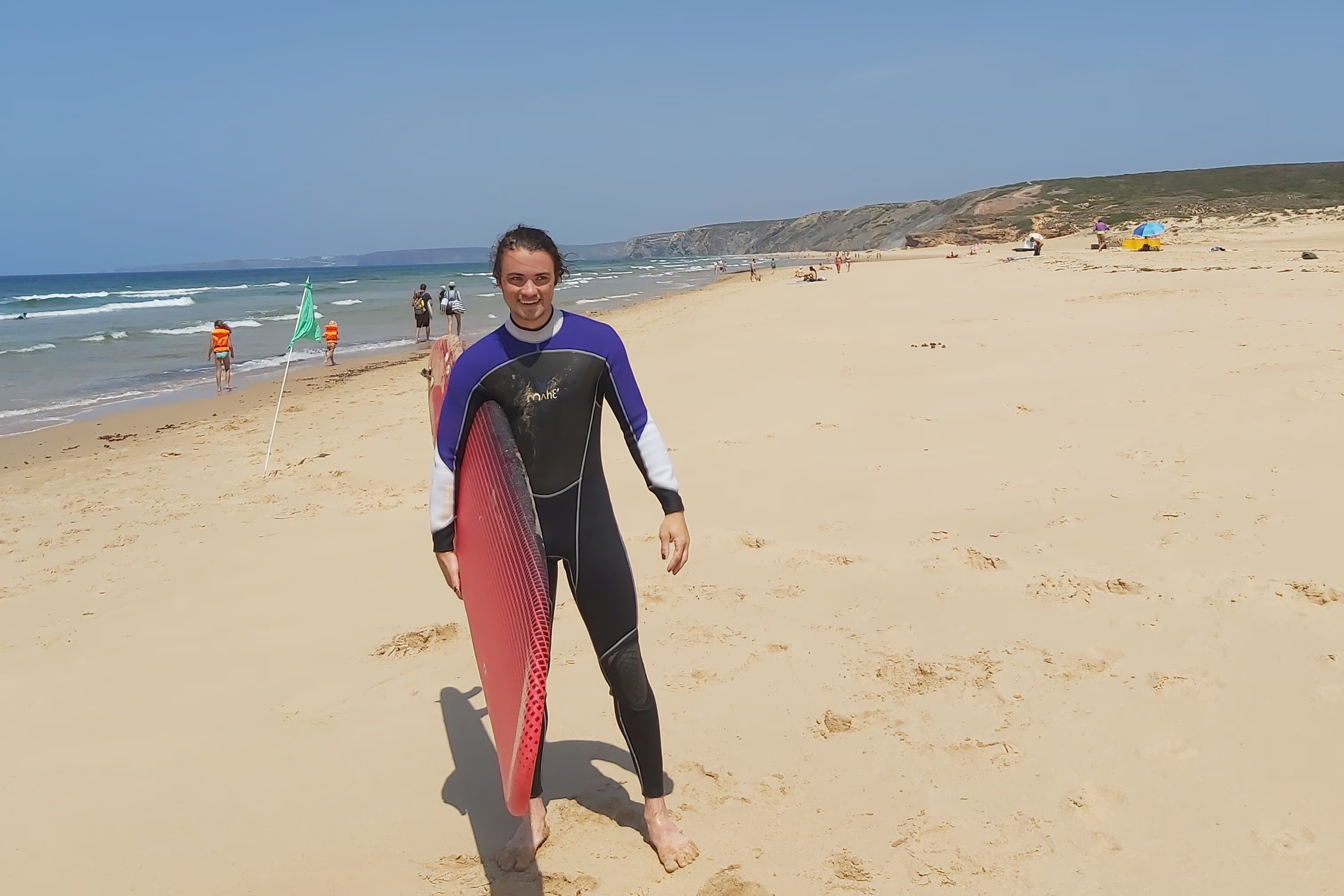About Me
Beyond coding, I value a balanced and multicultural lifestyle, which led me to Melbourne, Australia, where I’m completing my master’s degree. Outside of work, you’ll often find me at the gym, catching waves down the coast, or having a kick with mates — a welcome counterbalance to the intellectual mumbo jumbo of computer science.



